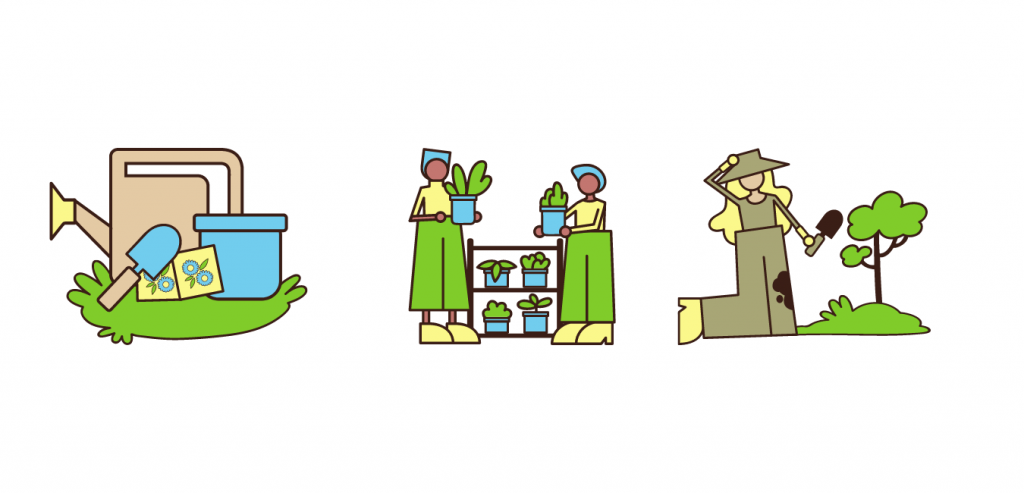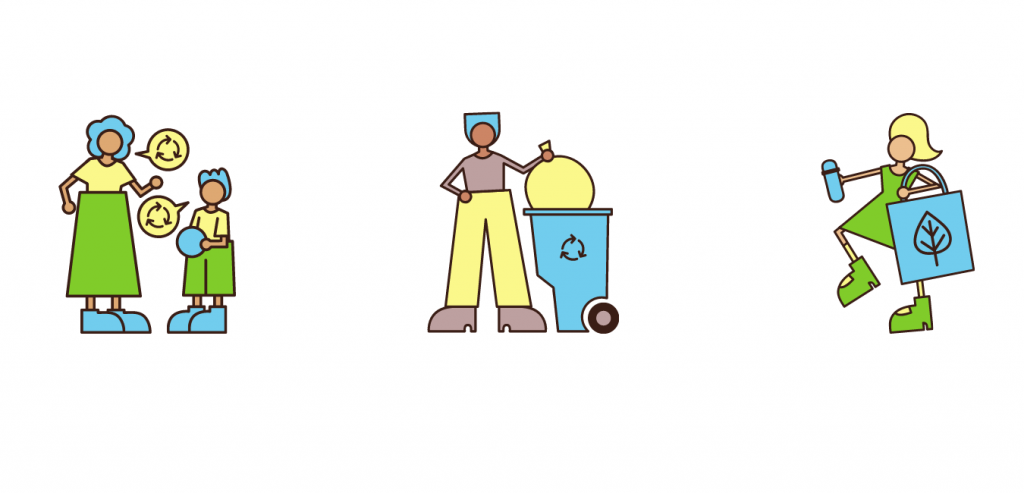Sustainable eating
In this aspect, the concept of sustainability means the production of food -both plant and animal products- with such farming techniques and practices that helps conserve natural resources and have minimal impact on the environment. Sustainable agriculture makes it possible to produce healthy food without compromising future generations’ ability to do the same.
The term sustainability is everywhere nowadays, and it is no coincidence. As we all know, our Planet is struggling to keep up with our pace. Humanity became greedy, we want new, we want everything, and we want it now. Everything we do today impacts tomorrow. The products we spend our money on, the things we throw away, the packets of cigarettes we smoke, the amount of water we use for a shower, they all have a huge impact.
Lots of us are already doing something to keep the Earth a livable place, by recycling or relying on public transportation for instance. Every step, every little act counts at this point. As expected, the population will reach 10 billion by 2050. All those people will have to be fed in order to stay alive.
What we put on our plate has one of the biggest impact on the world, and it happens to be the most controllable as well. We, as individuals, can all make a difference. The easiest and most valuable way to do so, is to know your food and make the right choices. This way, you not only help yourself, but help the planet and future generations.
Sustainable eating is about choosing foods that are good for both our body and the environment. I hear a lot of times from people “but bio is so expensive…” , however sustainable eating does not mean choosing the more expensive stuff. Just by limiting the amount of red meat you are eating a huge, valuable step and it doesn’t cost extra money or effort. I do not say that now everybody should go vegan and be an environmental activist. What I do say though is we are all in this together. We all have a piece of responsibility. And these are things that can be integrated in our everyday lives so easy, that after a little while they will become habits.
Plant based diet. A lot of us are not ready for scrapping meat entirely from our diet and that is completely understandable. We have been raised eating meat and dairy products as primary protein sources. Although it is scientifically proven that gradually adapting a plant based diet has multiple health benefits and it also helps reduce freshwater withdrawals and deforestation, and saves animals from living a short, miserable life before they end up on the butchers table. Meat production is a substantial contributor to greenhouse gas emissions, and raising and transporting livestock also requires more food, water, land, and energy than plants.

Let’s grow! Growing up, we always had a big backyard. My grandparents are agricultors, so this world has never been that far from my roots. A few months ago I decided I wanted a little garden to grow something for myself. Even though I do not have a real garden where I live right now, I do have a balcony, so I went to get some pots, my partner built a kind of vertical garden for me to save space and be able to have more pots, and I started planting herbs. When I first used some of it in my cooking, I had this warm, happy feeling because I knew that that dish tasted nice, because of the ingredient I grew with care and love. Unless you know the feeling of what I am talking about, there is just no way to explain it. It’s pride. It’s a connection. Since then I constantly learn more about herbs and plants, I make my own tea blends, I make my own spices, and I upgraded some of my pots to tomatoes and peppers. It is an amazing hobby that does not require a lot of time, but it gives you a great appreciation for what it takes to have food on your table. You will know everything about that ingredient. You will know where it came from, you will know what (or what not) went into it and all this insight will influence how you buy, use and dispose of food.
Not everybody has the green thumb and the hippie soul to do that though, and that’s okay. You can also make the same step by buying local and buying seasonal. Supporting local farmers and shops will reduce the amount of fuel needed to ship the food that comes with harmful co2 emission and it is also a fun way of being a part of your community. These relationships are always giving you opportunity to educate yourself: you can learn how your food was grown, when and how it was harvested. Also, by focusing on ingredients that are available in season where you live, you’ll be automatically supporting sustainability. Make pumpkin soup in autumn, and switch apples to watermelons in summer. Easy as it is.

Processed foods often mean a lot of unnecessary wrapping and a lot of energy and water requirement during production. Go with whole foods instead. Try to avoid using plastic bags. Invest in reusable grocery bags. Buying in bulk often means less packaging, and it saves you from everyday supermarket trips too.
Just think about all the amazing things you have seen and experienced in your life, and the more that has yet to come. Future generations have the same right for all that, and we can help to give it to them. -Lita

No Comments